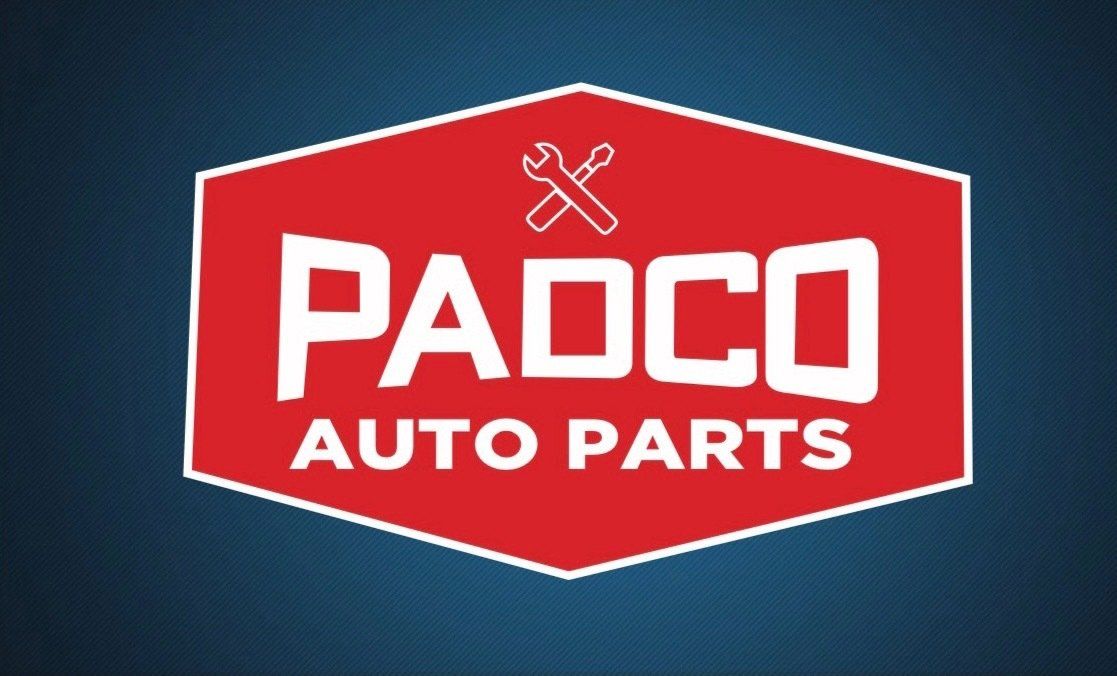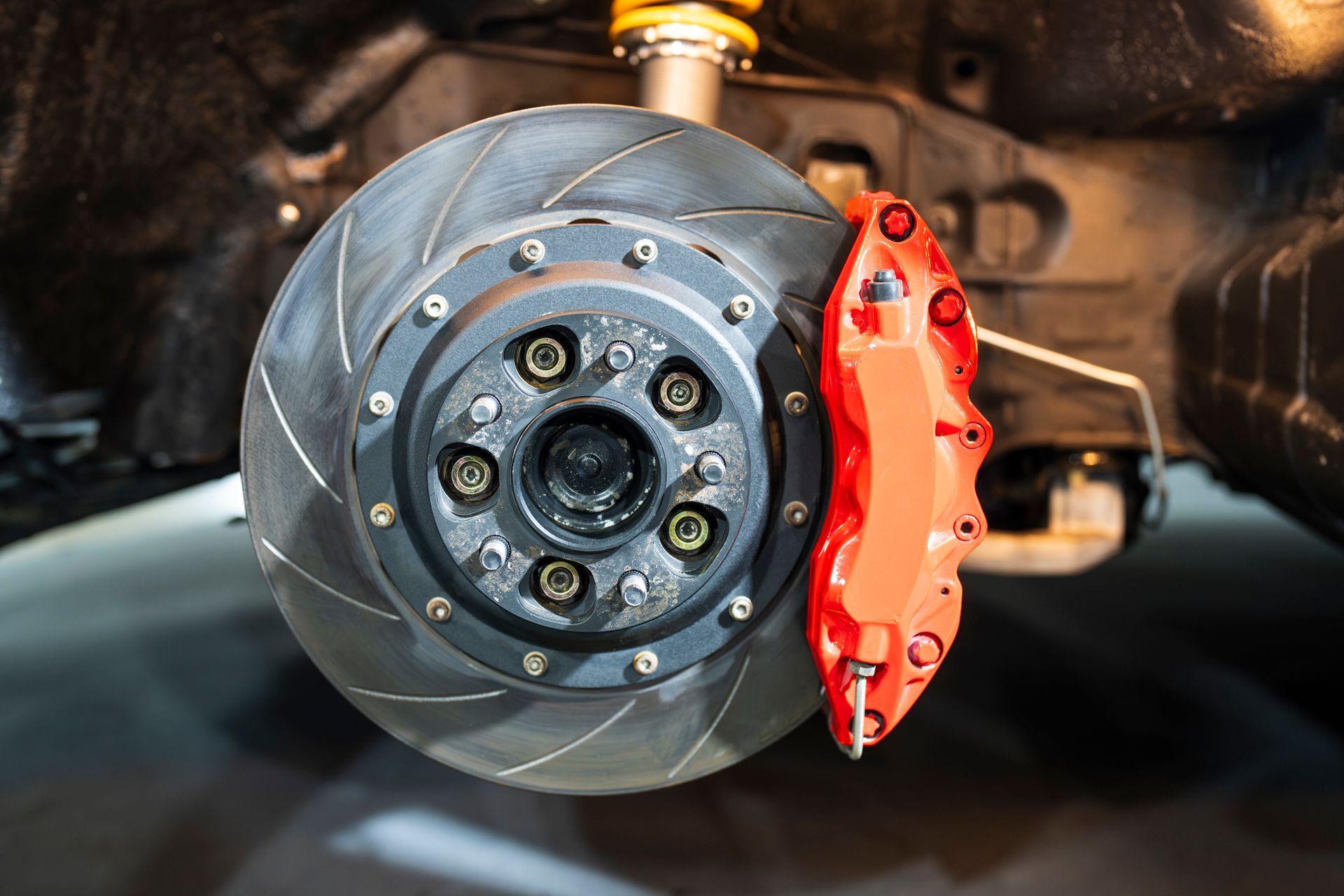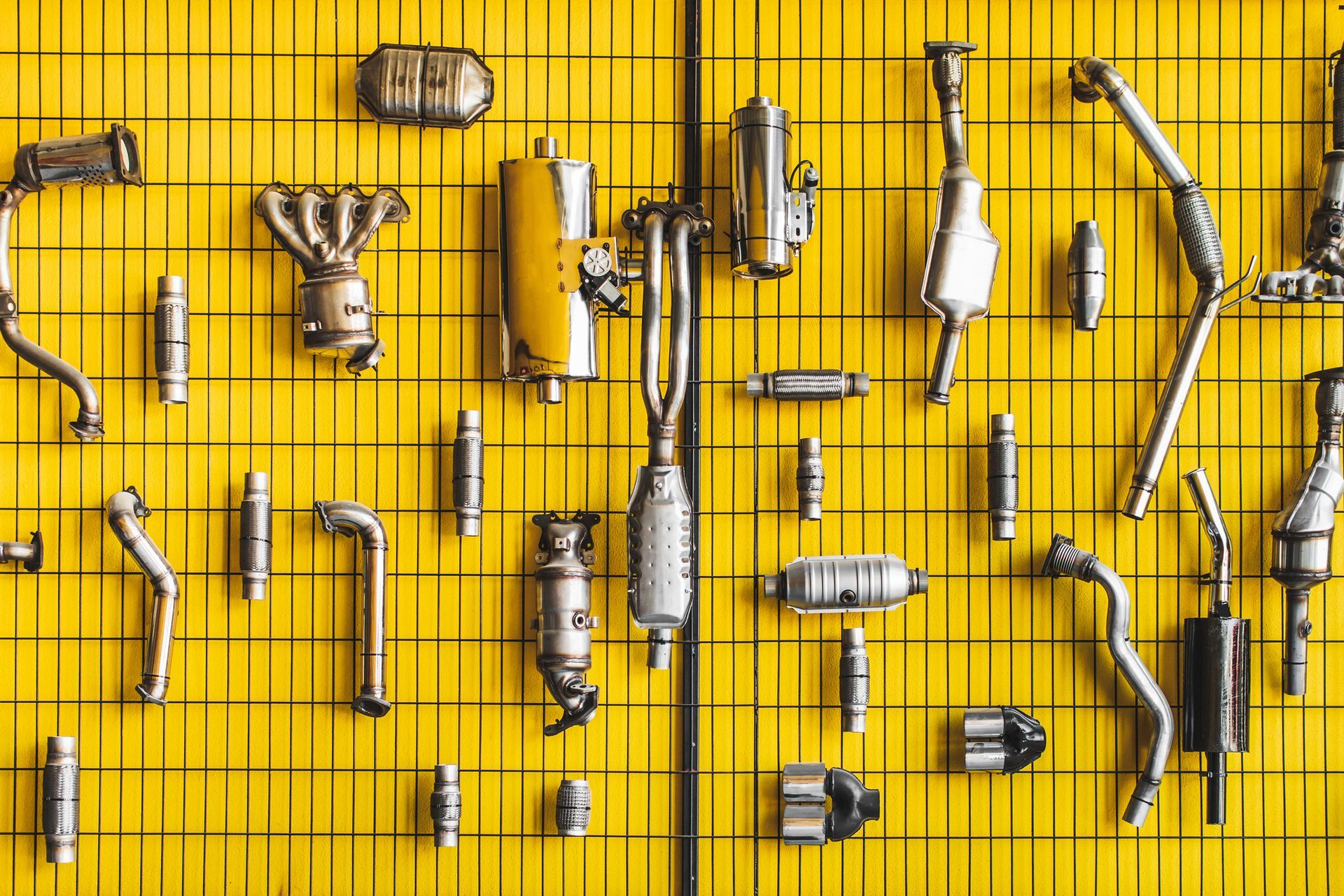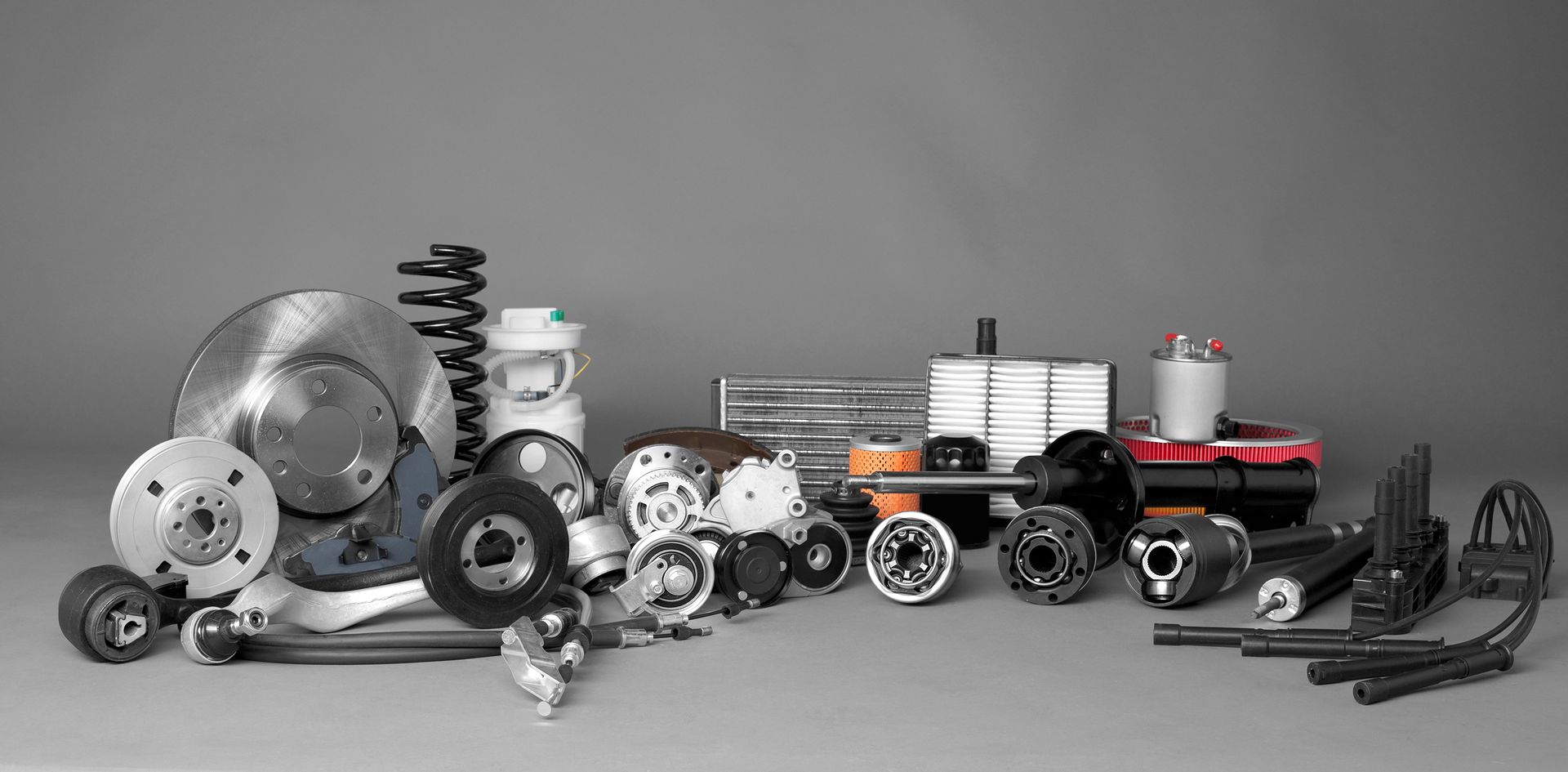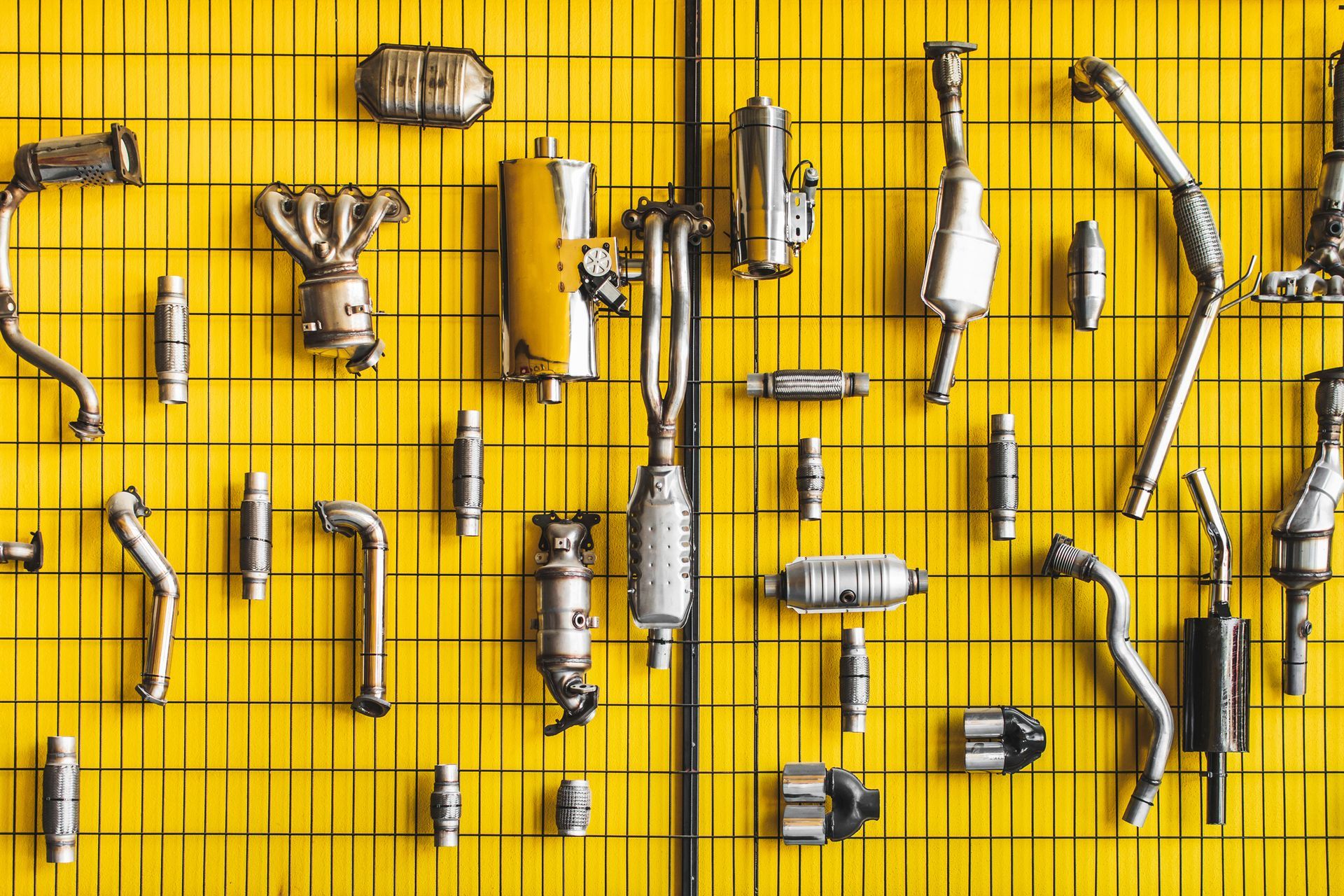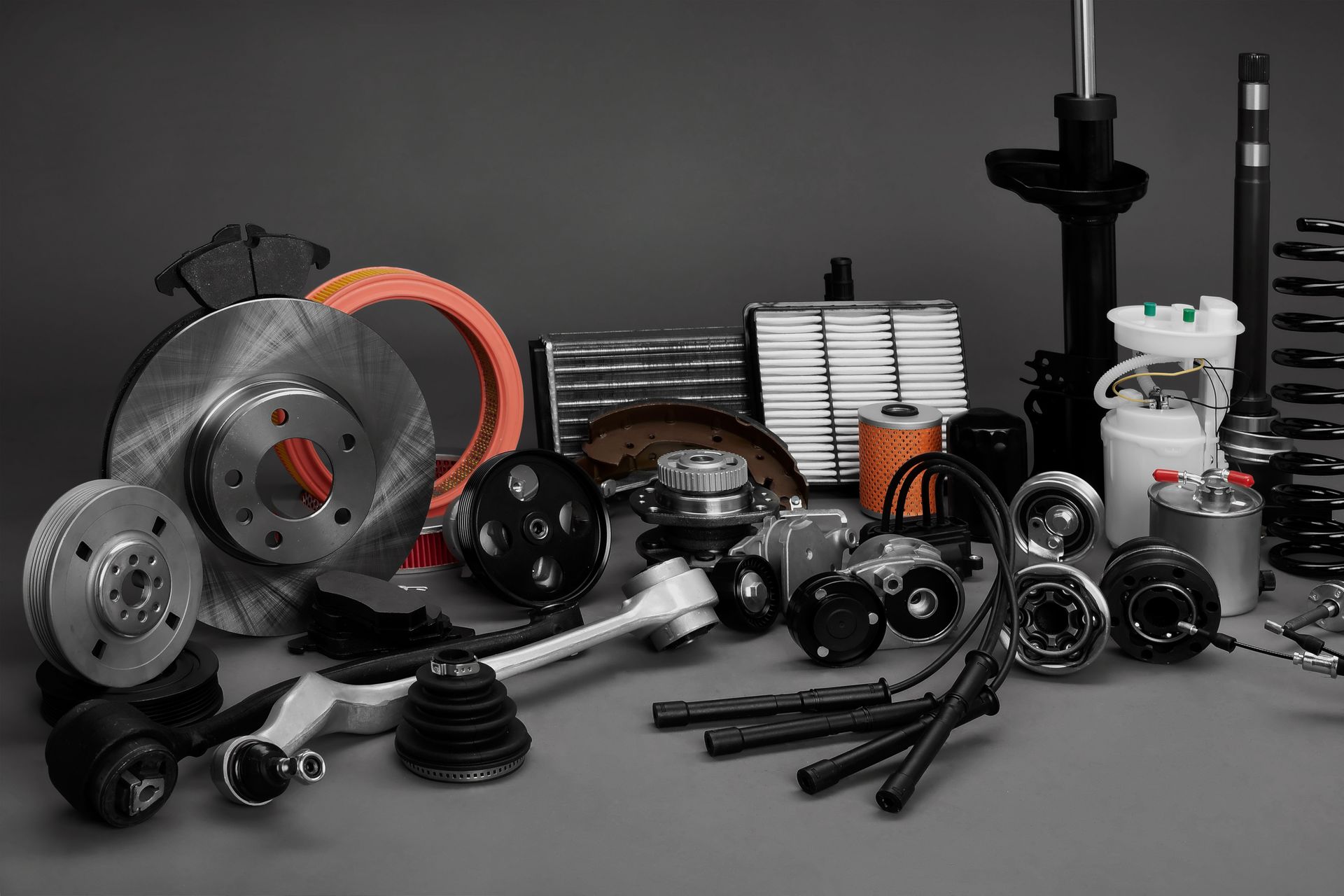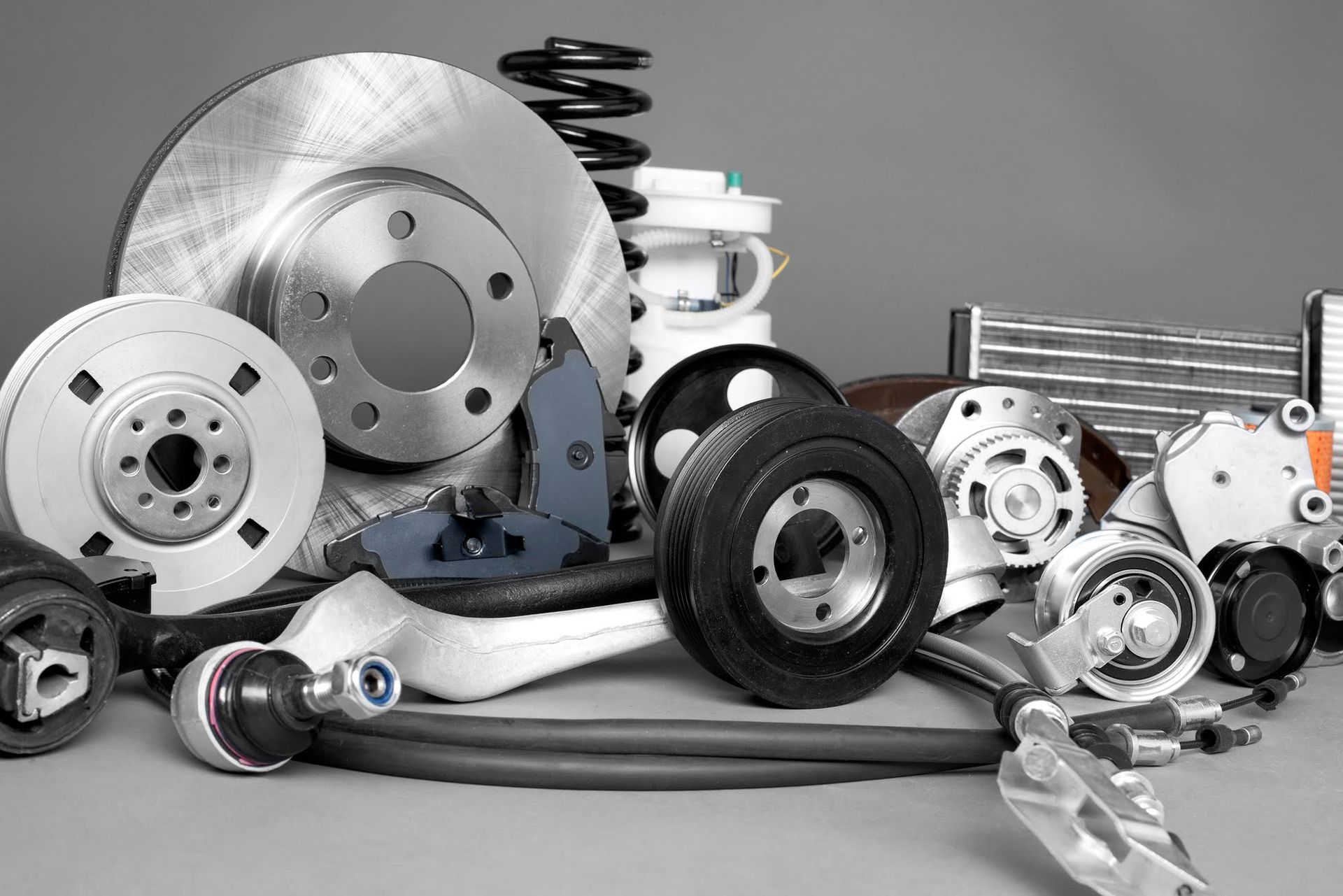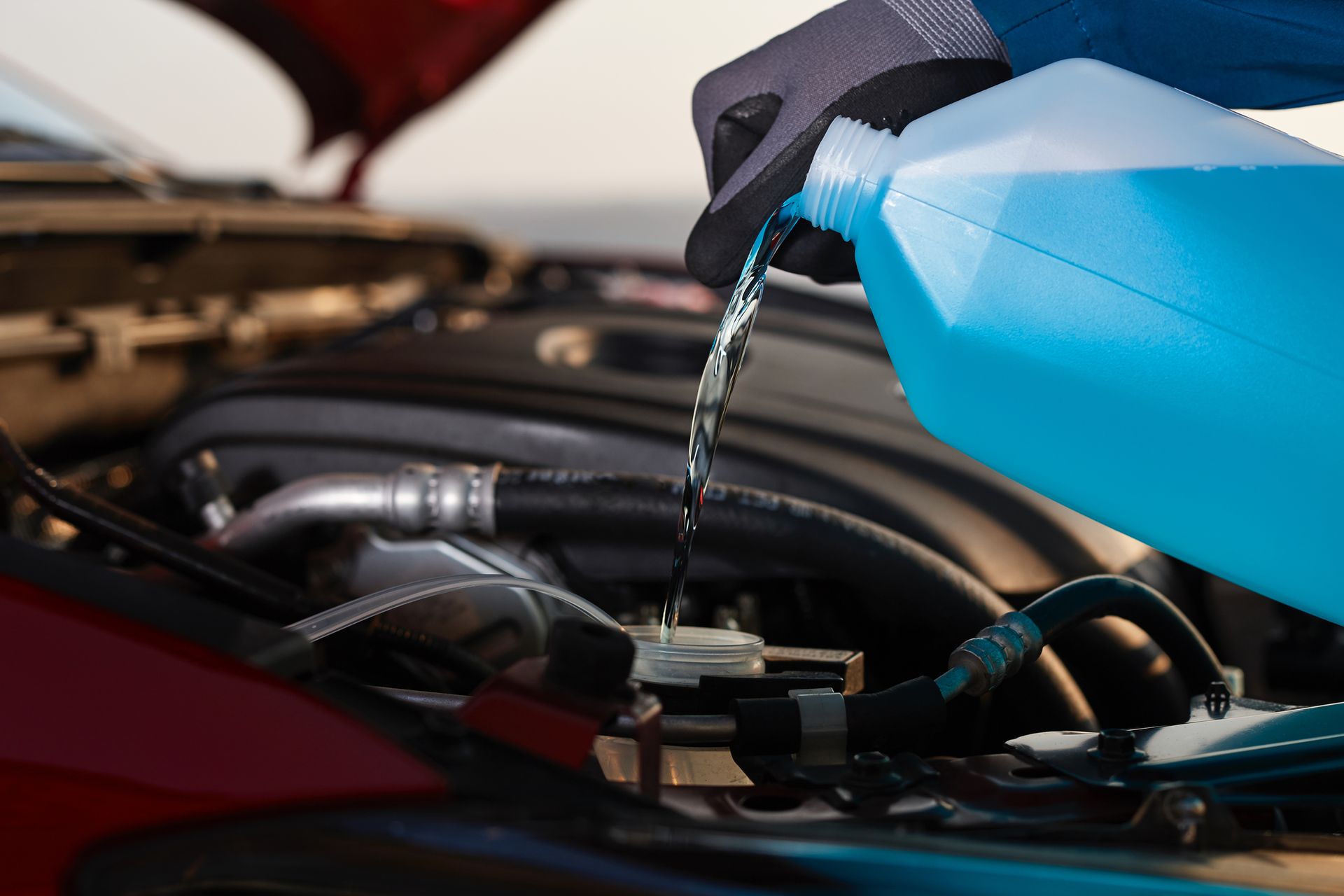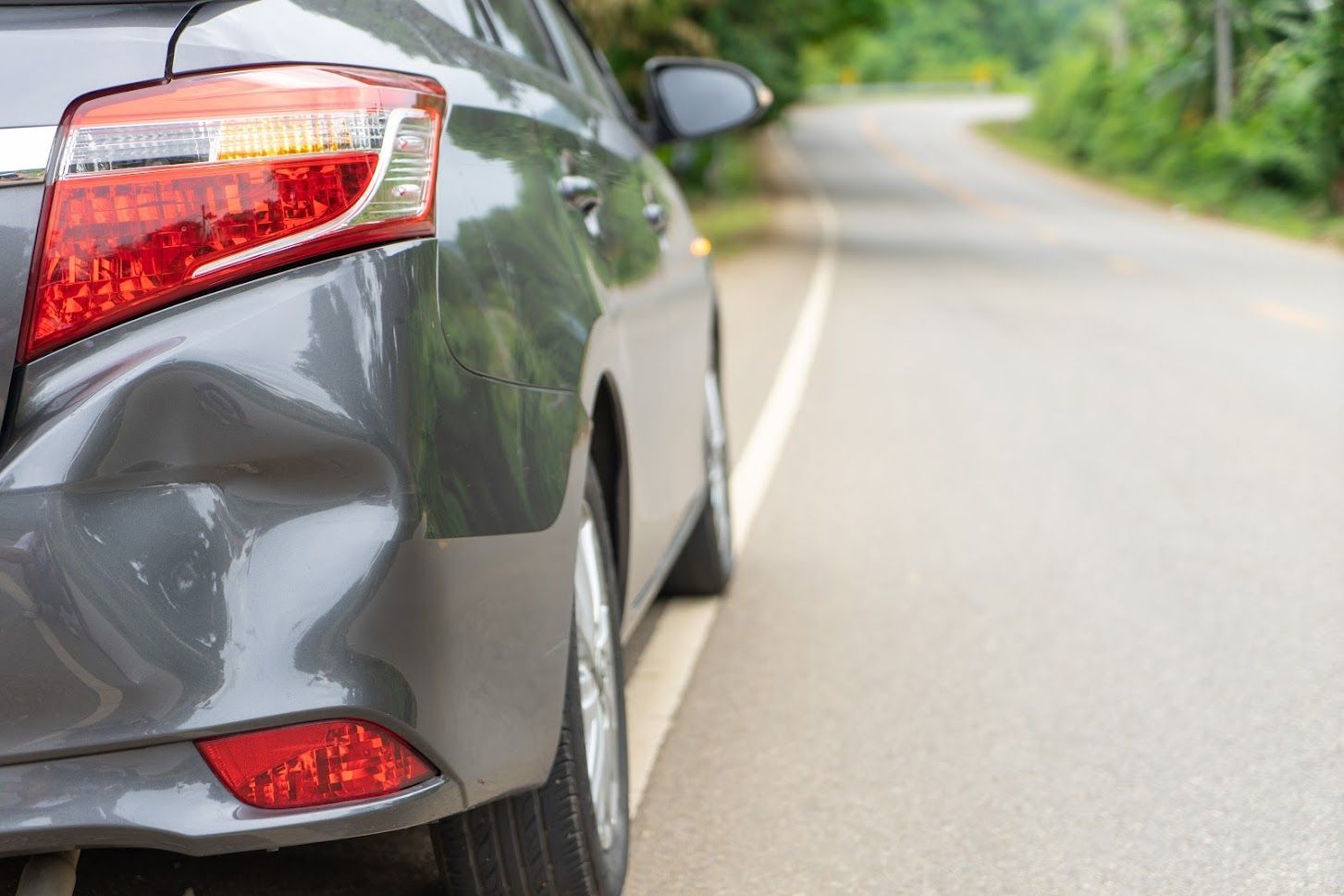A Clutch Replacement Guide for First-Time Manual Drivers
Driving a manual transmission car can be a fun experience. And with less than one in five Americans knowing how to drive a stick, this skill also puts you into a fairly exclusive club. However, owning your first car with a manual transmission can be scary. Unlike automatics, manual transmissions don't have many safeguards to prevent you from causing real damage to your clutch, transmission, or engine.
Fortunately, a little practice can make driving manual second nature, and driving carefully and safely can virtually eliminate the chance of harming your car. Still, most drivers—especially new drivers—will eventually wear out their clutches. This guide will help you understand why clutches wear out, how to extend their lifespan, and when to replace this essential component.
Why Do Manual Transmissions Need Clutches?
Your car's engine runs on a self-sustaining reaction. Once the battery and starter motor provides the initial jolt to get things moving, the energy created by the internal combustion process is enough to keep the engine going. Of course, this energy also powers your wheels and keeps accessories like your alternator running.
However, the engine must maintain a minimum number of revolutions per minute to keep this reaction going. When the engine stops spinning quickly enough, it will stall. Your transmission, driveshaft, and other components connect your engine to the wheel, so there's an obvious problem when your car isn't moving. Those stopped wheels will bog your engine down and cause it to stall.
The clutch—and flywheel on the engine side—provide a mechanism to disconnect the engine from the transmission. This behavior allows you to remove most of the load from the engine, preventing your stopped wheels from bogging it down. The clutch also allows you to shift smoothly by making it easier to match the engine speed and allowing your transmission's synchronizers to work.
What Causes Clutches to Wear Out?
Whether or not the clutch is a wear item is something you can often find hotly debated. Clutches are relatively expensive to replace, but they shouldn't wear out as often as brake pads, tires, or other common wear items on a car. The more carefully you drive, the longer your clutch will last, although it is unlikely that any clutch will last for the whole life of the transmission.
This wear occurs because clutches use a friction material similar—although different in composition—to the material used on brake pads. Whenever the clutch pedal is in a position other than fully engaged or disengaged, the clutch is "slipping" against the flywheel. While clutches are highly durable, this slipping action will inevitably cause them to fail over a long enough period.
In general, you can greatly extend the life of your clutch by avoiding sudden shocks and minimizing the time you allow it to slip. Learning to smoothly and quickly switch between the engaged and disengaged pedal position will reduce unnecessary wear from shifts and starting. Likewise, avoiding clutch drops or high RPM launches will protect your clutch, transmission, and engine from sudden shocks.
When Should You Replace Your Clutch?
Clutches can fail in various ways. Although "burning out" a clutch through aggressive usage is the most common, failures can also occur in the clutch linkage or secondary parts, such as the throw-out bearing. Unfortunately, the labor involved in replacing these parts is often so significant that it makes sense to replace the clutch simultaneously.
The good news is that you don't need to replace your clutch on a set schedule. Instead, you should monitor for common symptoms, including unusual vibrations, which can indicate hot spots developing on the clutch disc. Another typical symptom is slipping, where the engine will race ahead without putting much power down to the wheels.
Once you notice your clutch developing issues, you will want to purchase a replacement immediately. If the problem progresses far enough, driving or even starting your car will eventually become impossible. Padco Auto Parts can help you find the perfect clutch for your car, restoring the fun and excitement of owning a manual transmission.
